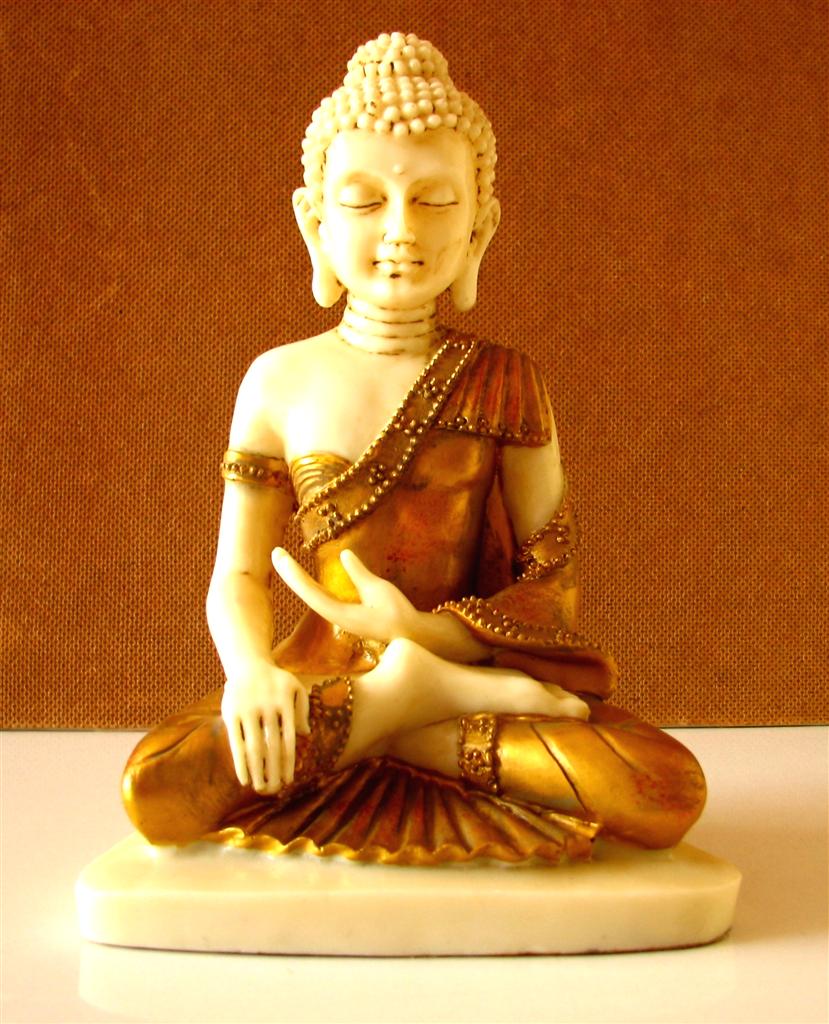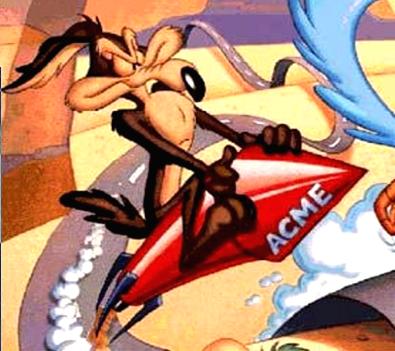| PiPa- traditional Chinese stringed musical instrument | |
|---|---|
| May 14, 2009 20:46 | |
 | From WiKi The pipa is a four-stringed Chinese instrument, belonging to the plucked category of instruments. Sometimes called the Chinese lute, the instrument has a pear-shaped wooden body with a varying number of frets ranging from 12-26. The pipa appeared in the Qin Dynasty and developed by the Han Dynasty. It is one of the most popular Chinese instruments and has been played for nearly two thousand years in China. The pipa is referred to frequently in Tang Dynasty poetry, where it is often praised for its refinement and delicacy of tone. Bai Juyi's famous "Pipa Xing" (Pipa Play) describes a chance encounter with a female pipa player on the Yangtze River: 大絃嘈嘈如急雨 : The bold strings rattled like splatters of sudden rain, 小絃切切如私語 : The fine strings hummed like lovers' whispers. 嘈嘈切切錯雜彈 : Chattering and pattering, pattering and chattering, 大珠小珠落玉盤 : As pearls, large and small, on a jade plate fall. |
| May 17, 2009 03:52 | |
 | Beautiful, really. My lao po brought me the Butterfly Lovers, 梁祝, violin concerto and pipa concerto, I use to listen it ain Sunday mornings. I enjoy it a lot. Carlos |
| May 18, 2009 19:51 | |
 | Carlos, I believe your Lao Po like this one - 'flowing water' played with traditional chinese string musical instrument-Gu Qin which is a quite instrument. from wiki The guqin (help·info) (simplified/traditional: 古琴; pinyin: gǔqín; Wades-Giles ku-ch'in; [kùtɕʰǐn]; literally "ancient stringed instrument") is the modern name for a plucked seven-string Chinese musical instrument of the zither family. It has been played since ancient times, and has traditionally been favored by scholars and literati as an instrument of great subtlety and refinement, as highlighted by the quote "a gentleman does not part with his qin or se without good reason,"[1] as well as being associated with the ancient Chinese philosopher Confucius. It is sometimes referred to by the Chinese as "the father of Chinese music" or "the instrument of the sages". In 1977, a recording of "Flowing Water" (Liu Shui, as performed by Guan Pinghu, one of the best qin players of the 20th century) was chosen to be included in the Voyager Golden Record, a gold-plated LP recording containing music from around the world, which was sent into outer space by NASA on the Voyager 1 and Voyager 2 spacecrafts. It is the longest excerpt included on the disc. The reason to select a work played on this specific instrument is because the tonal structure of the instrument, its musical scale is derived from fundamental physical laws related to vibration and overtones, representing the intellectual capacity of human beings on this subject. In 2003, guqin music was proclaimed as one of the Masterpieces of the Oral and Intangible Heritage of Humanity by UNESCO.[5] the flowing water |
| May 20, 2009 09:59 | |
 | I liked it, Lao Po did not :=) To be honest, the composition itself did not make me a big impression. More I was impressed about the instrument and the scale of sounds made with it. Carlos |
| May 20, 2009 17:03 | |
 | like Peking Opera, the attraction is rhyming other than the melody itself. It's like Zen music. Marrie |
Post a Reply to: PiPa- traditional Chinese stringed musical instrument






 Copyright © 1998-2026 All rights reserved.
Copyright © 1998-2026 All rights reserved.